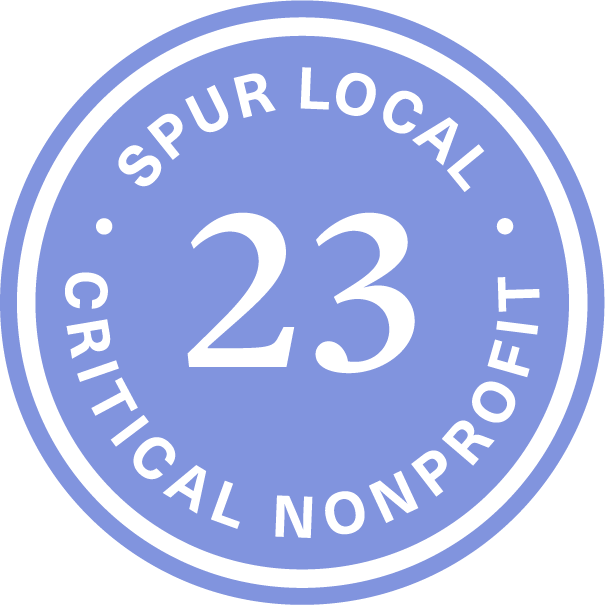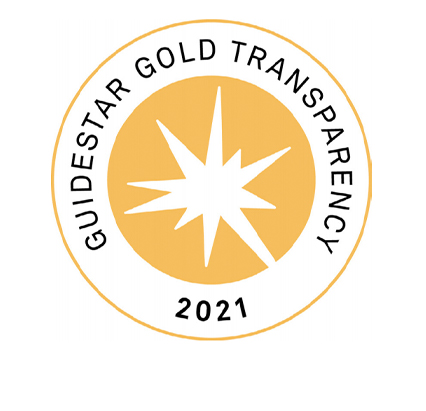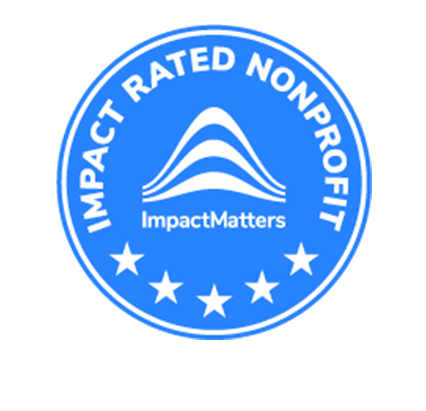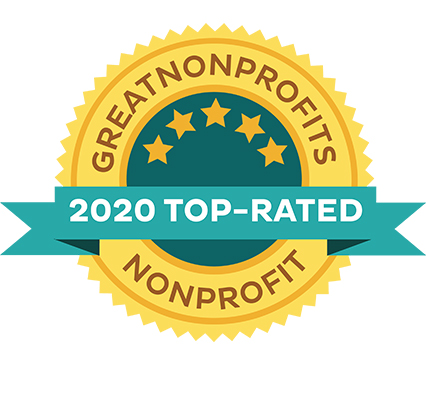Housing Options for Undocumented Survivors:
Many undocumented survivors stay in abusive relationships because they are afraid that disclosing their immigration status may result in deportation, or they fear they will have difficulty accessing services. However, many of the DV programs serve all survivors, regardless of immigration status.
Below are a few housing programs in DC that serve mostly immigrant residents, regardless of status:
MY SISTER’S PLACE – CASA GABRIELLA
PO Box 29596, Washington, DC 20017
Hotline: 202.529.5991
Phone: 202.723.4813
Fax: 202.723.4814
Web: www.mysistersplacedc.org
Population Served: Women with children.
Services: Transitional housing for 2 years (families have private rooms, living spaces are shared); case management; individual and group therapy; and assistance with career and educational goals. The program provides some basic food items but families are responsible for their own meals.
Admission Process: Women should call for a phone interview at which time an in-person interview will be scheduled.
Eligibility Requirements: Must be an immigrant DV survivor; must be employed full or part-time or in school; and must have stayed in a 30 day shelter prior to admission. Women must provide proof of employment, enrollment in school, proof that children are enrolled in school and/or daycare (including informal daycare such as with a friend or relative).
Wheelchair Accessible: No.
Notes: Though preference is given to families, single women should still call in case space is available. Women must be able to pay a $50 monthly program fee and a pro-rated rental subsidy based on income.
LATINO TRANSITIONAL HOUSING PARTNERSHIP
Phone: 202.518.6605
Fax: 202.518.0055
Web: www.hogares-dc.org
Services: Transitional housing for 18 months (scattered-site). Participants have the option of receiving housing counseling, budgeting classes, childcare, and life skills classes.
Admission Process: Client should be referred through another agency/case worker. The case worker should fax over a complete application (which can be downloaded from the website) and a bio psychosocial evaluation. Once the information is received, a brief phone interview in conducted with the applicant. A second interview is conducted after the applicant is accepted, where they can view the living space. A drug test will also be conducted, which is free to the client.
Eligibility Requirements: Must be willing to be employed within 3 months of entry into the program.
- Undocumented survivors can still sign leases for apartments in most states and are still protected from discrimination in housing due to the domestic violence. Survivors who are undocumented or lack eligible immigrant status to receive federal housing benefits (ie: public housing, Section 8 voucher etc), but who have children who are eligible, can still receive benefits on a pro-rated bases.
Below are non-residential programs that assist all immigrant survivors (regardless of status), and can provide assistance in locating safe housing:
AYUDA, INC
Address: 1707 Kalorama Road, NW, Washington, DC 20009
Phone: 202.387.4848
Fax: 202.387.0324
Website: ayudainc.org
Population Served: Low-income immigrant women
Services: Bilingual legal and social services such as handling of temporary and civil protection orders and the issuance, modification, extension and enforcement of such orders, separation and/or divorce orders, custody and visitation rights, spousal and child support.
Admission Process: Please call the office or drop-in, Monday-Friday, 9am-5pm.
Notes: Fully staffed with bilingual Spanish/English members.
DVRP ASIAN/PACIFIC ISLANDER DOMESTIC VIOLENCE RESOURCE PROJECT
PO Box 14268, Washington, DC 20044
Phone: 202.464.4477
Fax: 202.986.9332
Website: www.dvrp.org
Population Served: Women who are in or were in abusive relationships.
Services Provided: Helps domestic violence survivors access resources and improve their safety regardless of income level, immigration status, and English language proficiency. Assistance includes: peer support; safety planning; interpretation and translation; court accompaniment; emergency transportation; financial empowerment and life skills development; assistance in applying for public benefits; referrals for shelter, legal and social service; and other support services as needed
Notes: DVRP has advocates who speak: Cantonese, Farsi, Hindi, Hmong, Japanese, Korean, Mandarin, Nepal, Punjabi, Tagalog, Thai, Vietnamese and Urdu.




